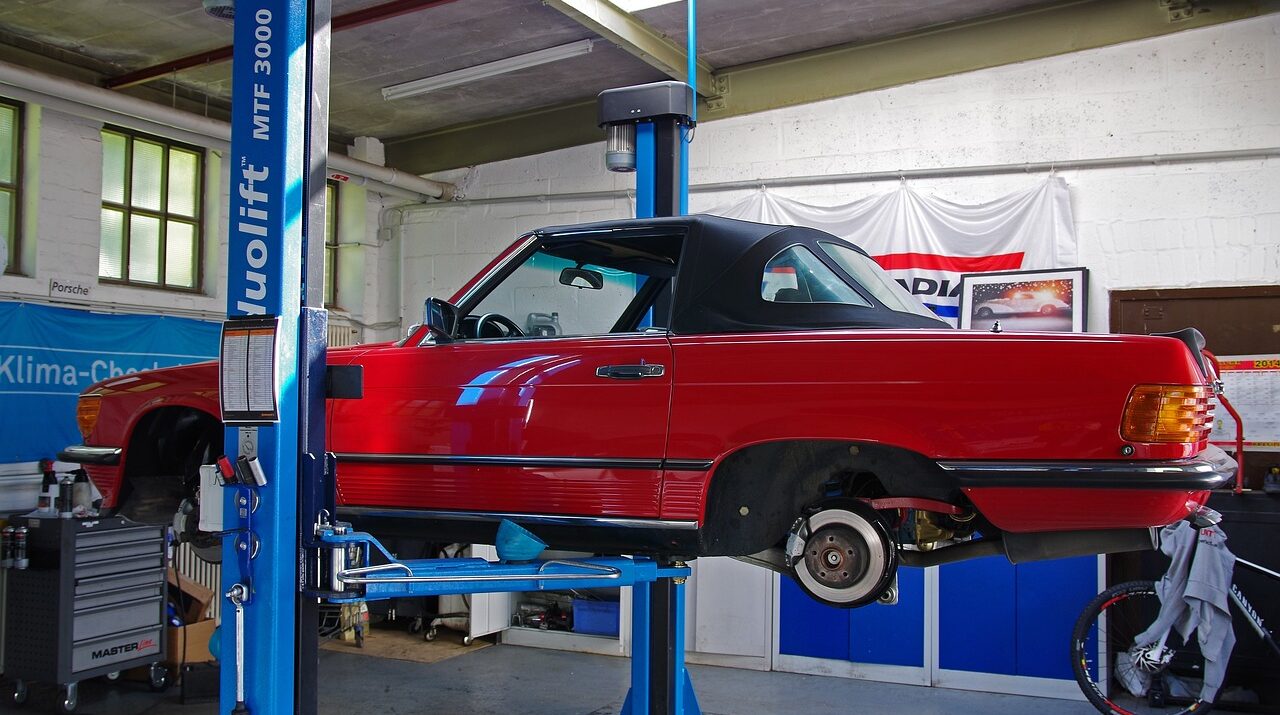
Diesel engines are the workhorses of the modern world, powering everything from large trucks to generators, and even passenger vehicles. Known for their durability and efficiency, they nonetheless require regular maintenance to perform at their best. A diesel engine tune-up is a comprehensive service that ensures your engine runs efficiently, reliably, and lasts for years to come. This guide will walk you through the steps and importance of diesel engine tune-ups.
Understanding Diesel Engine Mechanics
To appreciate the importance of a tune-up, it’s essential to understand the basics of how diesel engines operate. Unlike gasoline engines that use spark plugs for ignition, diesel engines rely on compressed air heat to ignite the fuel. This system demands precise timing and clean fuel delivery to maintain efficiency and power.
The Importance of Regular Diesel Tune-Ups
Regular tune-ups are vital to the longevity and performance of your diesel engine. These check-ups prevent minor issues from becoming major problems, ensuring that the engine operates within the designed parameters. A well-tuned engine will also have better fuel economy and emit fewer pollutants.
Step-by-Step Diesel Engine Tune-Up
A comprehensive diesel engine tune-up involves several key steps, each critical to the overall performance of your vehicle:
Engine Oil Change
Oil is crucial for lubricating and cooling engine components. Old oil can lead to increased friction and heat, causing wear and tear. During a tune-up, oil should be drained, the oil filter replaced, and new oil of the correct grade and specification added.
Fuel System Check
Diesel fuel systems deliver fuel to the combustion chamber. This system, including the fuel filter and injectors, must be clean to ensure efficient fuel burn and optimal performance best performance chip for 200 series landcruiser. Replace filters and consider professional cleaning of injectors if necessary.
Air Filter Replacement
A diesel engine requires a constant flow of clean air for combustion. Air filters trap dirt and debris, and over time, they can become clogged. Inspect and replace the air filter to improve engine efficiency and prevent potential damage.
Cooling System Inspection
Diesel engines generate a significant amount of heat. The cooling system, including the radiator, coolant, and associated hoses, should be inspected for leaks and wear. Coolant levels should be topped up, and the system should be flushed periodically.
Battery Maintenance
A reliable battery is necessary for starting a diesel engine and powering electronic components. Check the battery’s charge, clean terminals, inspect for corrosion, and ensure the connections are tight.
Exhaust System Evaluation
Modern diesel engines have complex exhaust systems that reduce emissions. Components like the Diesel Particulate Filter (DPF) and Exhaust Gas Recirculation (EGR) valve should be checked to ensure they are functioning correctly.
Belt and Hose Inspection
Engine belts and hoses can crack, leak, or fray over time. Inspect these components for signs of wear and replace them as needed to prevent unexpected breakdowns.
Timing and Calibration
Proper timing is crucial in a diesel engine. If your engine uses a timing belt or chain, it should be inspected for wear and proper tension. The fuel injection timing should also be checked and adjusted to manufacturer specifications to ensure efficient operation.
Engine Diagnostics and ECU Checks
Modern engines are equipped with an Engine Control Unit (ECU) that monitors and adjusts engine performance. Use diagnostic tools to read error codes and assess engine performance. Addressing any identified issues can prevent future problems.
Advanced Diesel Engine Maintenance Tips
Beyond the basics, consider these additional tips for optimal performance:
- Turbocharger Inspection: If your engine is turbocharged, ensure the turbo is free of leaks and operates smoothly.
- Injection Pump Adjustment: For mechanical diesel engines, the injection pump may need to be calibrated for precise fuel delivery.
- Valve Clearance Adjustment: Valve clearances may need to be measured and adjusted to prevent engine damage and ensure smooth running.
The Benefits of Diesel Engine Tune-Ups
A well-executed tune-up will result in numerous benefits, including improved fuel efficiency, reduced emissions, enhanced reliability, and prolonged engine life. Additionally, it can lead to smoother operation, reduced noise, and increased power output.
Conclusion
Diesel engine tune-ups are an integral part of preventative maintenance that should not be overlooked. By following this comprehensive guide, you can ensure that your diesel engine continues to operate at its peak, providing you with power, performance, and peace of mind. Regular tune-ups will not only keep your engine running smoothly but also help maintain its value and prevent costly repairs in the future.
Final Recommendations
Remember, the frequency of diesel engine tune-ups should follow the manufacturer’s recommendations or as necessitated by your vehicle’s performance. Investing in regular tune-ups is investing in the longevity and dependability of your diesel engine. So, schedule your next diesel engine tune-up and unleash the full potential of your powerful machine.